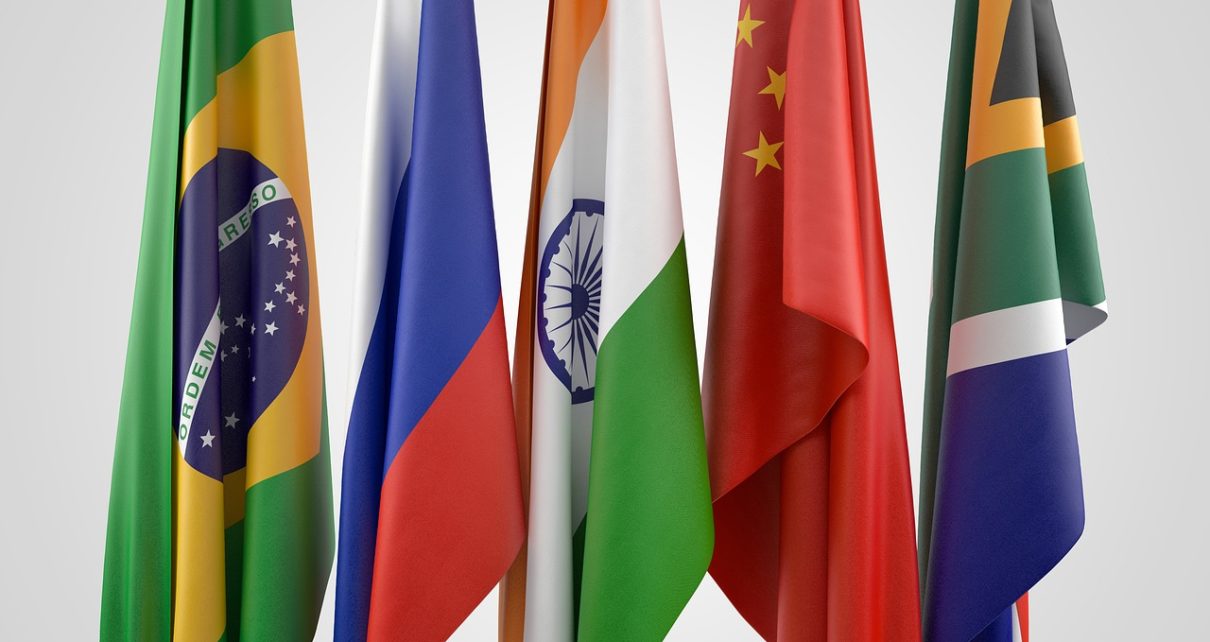The Geopolitics of the Internet Threats to an open internet have been increasing over the past decade. China, Russia, and other authoritarian states have stepped up attempts to exert greater global top-down control over the network architecture that enables the data flows internet operations rely on. If authoritarian states shape the future of the internet in Read More…
Cyber Security and Emerging Threats
The NAOC’s Cyber Security and Emerging Threats Program features an in-depth analysis of latest trends, developments, and threats in international security. New security concerns are always on the horizon and our program seeks to examine these domains including global warming, natural resources, drones, urban conflicts, and cyberspace.
The program’s mandate is to keep Canadians informed on these rapidly developing and increasingly pivotal realms that are integral to all aspects of security.
AI’s Impact on Society and Security
Artificial intelligence is a rapidly advancing technology that influences much of daily life in economically advanced countries. It has the ability to benefit a wide range of industries, from internet-based businesses to weapons manufacturers; however, applications of AI is not without risks.
Canada’s Need for a Comprehensive Arctic Strategy Amid Russian and Chinese Threats
Warming climates, emerging natural resources, and intensifying geopolitical threats have made the Arctic an area of great political tension, but Canada does not yet have a strategy to deal with these challenges. Can the country afford to lag behind other Arctic and “Near-Arctic” states in planning for the future of its security?
Snow-Washing Dirty Money in Canada
Money laundering is rampant in Canada. The recent Cullen Report exposes the breadth and depth of money laundering in the country and offers potential policy solutions.
Canada’s Lacking Data Privacy Protections
Canadian’s reliance on the internet and the amount of personal data stored there creates data privacy concerns that the government ought to remedy.
Quantum Computing Revolution: Risks and Prospects
Although quantum computing offers exciting new ways to predict, compute, and simulate data, their potential ability to decipher passwords make them an emerging threat to the security of individuals and states; the international ‘arms’ race for quantum technology raises questions about how to educate the public about these inventions and regulate them.
Rising Right-wing Extremism at Home and Abroad: A Global Perspective to Canada’s Freedom Convoy Protest
In this article, Jordan McEwen highlights the growth of right-wing extremist violence by looking at the Freedom Convoy Protest earlier this year.
Cybercrime and Security in our Digital Society
Recent multilateral efforts bring international law into cyberspace.
Canada’s Digital Divide and Security Risks
Digital Divide French philosopher Montesquieu noted that only democratic societies require the “whole power” of education, considering despotic regimes depend on propaganda instead of education. Many years later, in 2016, the CRTC (Canadian Radio-television and Telecommunications Commission) dilatorily recognized internet access as a basic Canadian right, a catalyst for innovation, and a crucial element of Read More…
A Changing World Order
Russia’s invasion of Ukraine has produced and accelerated significant geopolitical shifts that increase the chances of a future military conflict between NATO and non-NATO countries in an international system that was not suffering from a shortage of tensions. Events in Europe continue to unfold very quickly. So far, though, the international response to Russia’s war Read More…










